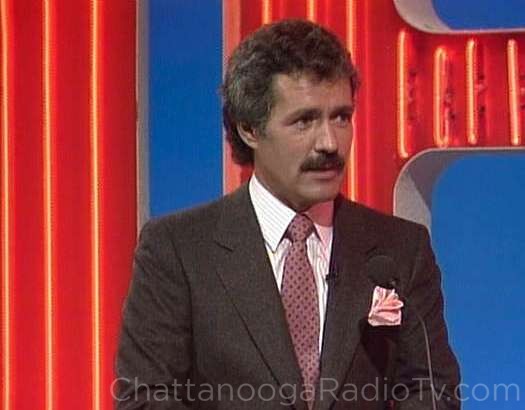Each year, I write an “I was wrong” column. In case you haven’t noticed, most columnists are right about everything. Just ask them. They will tell you why a particular politician is inept, or why a football coach should be fired. These columnists are well-paid experts who regularly offer their solutions to everything that ails the world.
Not me. I have erred early and often. Whenever I get all high and mighty, and offer my prescription for fixing government or advancing society, my wife reminds me I forgot to put soap in the dishwasher. (She is wrong, of course. I forgot to run the dishwasher.)
So here are five true confessions. Save this, and it will serve as a reminder never to ask me for advice on finance, sports, politics, or life in general.
I was wrong about Freddie Freeman. He is now widely known as a standout first baseman for the Atlanta Braves. But in 2011, he was a big, slow kid who was overshadowed by his minor league teammate, and fellow prospect Jason Heyward. At the time, I exclaimed that Heyward was the second coming of home run king Hank Aaron, while Freeman was just a supporting player who would fade into obscurity. We see how that turned out. For some reason, the Braves have never hired me to be a scout.
I was wrong about “The Big Bang Theory.” When that series premiered on CBS in 2007, I watched the first episode, and I was mildly amused. To anyone who would listen, I said that a sitcom about two nerds and a pretty new neighbor was a one-joke show, and that joke had already been told. How, I asked, could they come up with new ways to tell that joke in the fifth week, or the tenth week, much less a second year? Well, twelve years, 279 episodes, and a few ka-zillion dollars later, those nerds showed me. I enjoyed every minute of it.
I was wrong about Donald Trump. Now hold on, I’m not judging him on merit, or proclaiming his presidency a success or failure. I just never thought he would be elected. In 2015, he made a series of public statements that subjected him to heavy criticism. Many Americans did not take him seriously, and the 2016 Republican front runners were Marco Rubio and Jeb Bush. Trump’s candidacy was widely considered to be a publicity stunt. At a mid-2015 speaking engagement, I even used his name as the punch line of a joke about future presidents. The audience laughed, so apparently I was not alone in being wrong.
I was wrong about Fitbits, those wristbands that track the number of steps you take, your blood pressure, the quality of your sleep, and your heart rate. When they were introduced, I was told that “wearable technology” would soon be the rage, and that I would feel naked without a Fitbit. I rolled my eyes. Now my entire family and most of my friends are sporting Fitbits or similar devices, and they are always bragging about how many steps they walked, and for how many minutes. I want to invent a Reverse Fitbit, which would tell me to slow down and take a nap every hundred steps or so. It would have a special setting that takes off points if I try to do too much yard work.
Finally, I was wrong about “Jeopardy.” I watched the original daytime version as a kid. Back then, the show featured an old-timey game board with someone behind the scenes sliding the answers manually. I was working at a television station in the 1980s, and the manager asked my advice. A new version of “Jeopardy” was being pitched as a nighttime show, with glitzy computer effects, and an unknown host named Alex Trebek. It was to be paired with “Wheel of Fortune,” already an established hit. I thought this was a terrible idea. The shows had nothing in common. The “Wheel” puzzles were easy to solve, and “Jeopardy” was a much more difficult game. This would never work, I told the boss. Plus, I said, “Nobody’s ever heard of this Trebek guy. They should have hired somebody famous.” Thirty-five years later, I can safely say I blew that call. Oh, and the station manager never sought my advice again.
Truth be told, I could write a column every week about my track record of poor prognostication. I predict that would be hugely successful.







